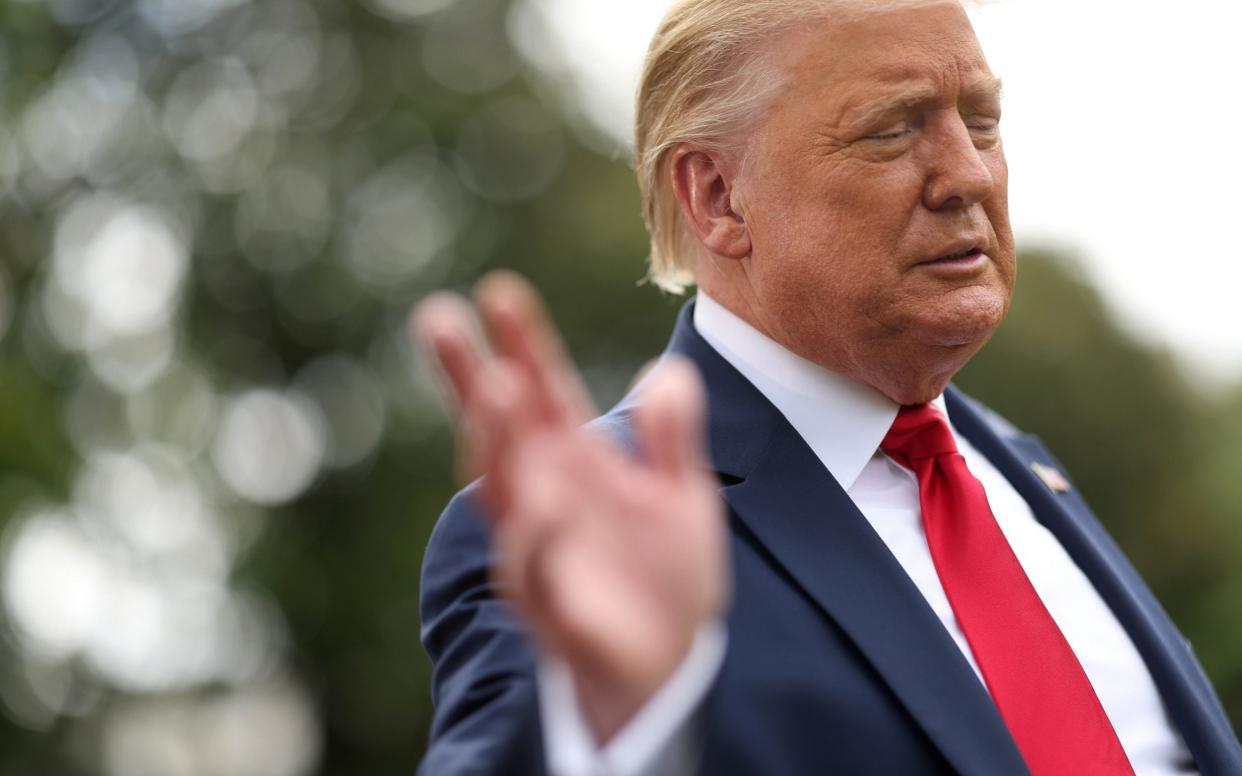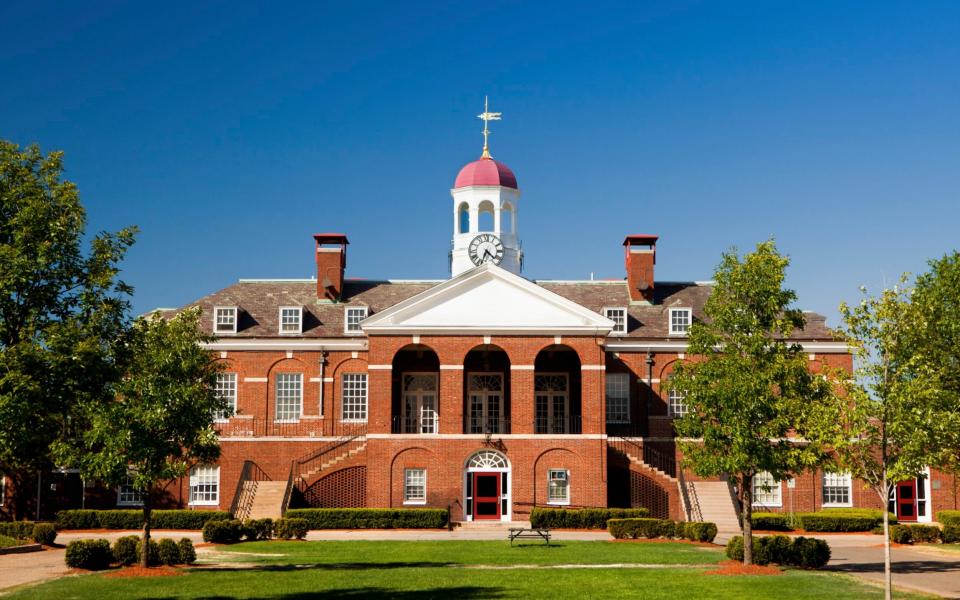US will allow international students studying online to remain in the country after all

International students studying in the United States will be allowed to remain in the country even if their campuses are closed due to coronavirus, after the White House announced a U-turn on its previous and highly contentious policy.
Harvard and the Massachusetts Institute of Technology (MIT) filed a legal challenge to the policy on July 8, arguing that the July 6 decision to rescind the visas threw virtually all of US higher education “into chaos.”
Under the ruling, international students enrolled in online-only courses would have been subject to deportation.
Applicants not yet in the country but applying to study at colleges that only offer virtual instruction would have had their visa applications blocked.
More than 4,300 student visas were issued to Britons in 2019.
According to the American Council on Education, foreign students are worth $41 billion to the US economy, generating an estimated 450,000 jobs.

Almost 60 universities and colleges joined in Harvard and MIT's case, and Facebook, Google and Microsoft were among more than a dozen technology companies who filed a brief in support.
A coalition of 17 states also sued the Trump administration to prevent the policy change.
“The Trump administration didn’t even attempt to explain the basis for this senseless rule, which forces schools to choose between keeping their international students enrolled and protecting the health and safety of their campuses,” said Maura Healey, the Democratic attorney-general for Massachusetts, who led the states' case.
On Tuesday Judge Allison Burroughs, a federal district judge in Boston who was expected to preside over oral arguments in the Harvard-MIT case, made the surprise announcement that the case had been dropped and the government had backed down.
“I have been informed by the parties that they have come to a resolution,” Judge Burroughs said.
She added: “They will return to the status quo.”
Most universities are still trying to decide how to operate in the autumn, with many opting, provisionally, for a hybrid model with some classes in person and some online.
Harvard has announced it will have 40 per cent of students back on campus from September, but largely retain online tuition.
Yale University plans to hold most classes online next semester and require those students who do attend on campus to be tested for Covid-19 weekly.
Princeton, by contrast, plans to allow first-year students and juniors on campus for the "fall semester", and sophomores and seniors for the spring semester. Most academic instruction will remain online, the university said.
President Donald Trump has urged schools and universities to reopen as normal as he tries to restart the US economy.
Last week, he said of Harvard’s move to online classes: “They ought to be ashamed of themselves.”
The administration has defended the new rule by arguing that visas would not ordinarily be available for online-only courses.
On Saturday Mr Trump said that online education had not been a success.
"Now that we have witnessed it on a large scale basis, and firsthand, Virtual Learning has proven to be TERRIBLE compared to In School, or On Campus, Learning," he tweeted.
"Not even close! Schools must be open in the Fall. If not open, why would the Federal Government give Funding? It won’t!!!"


